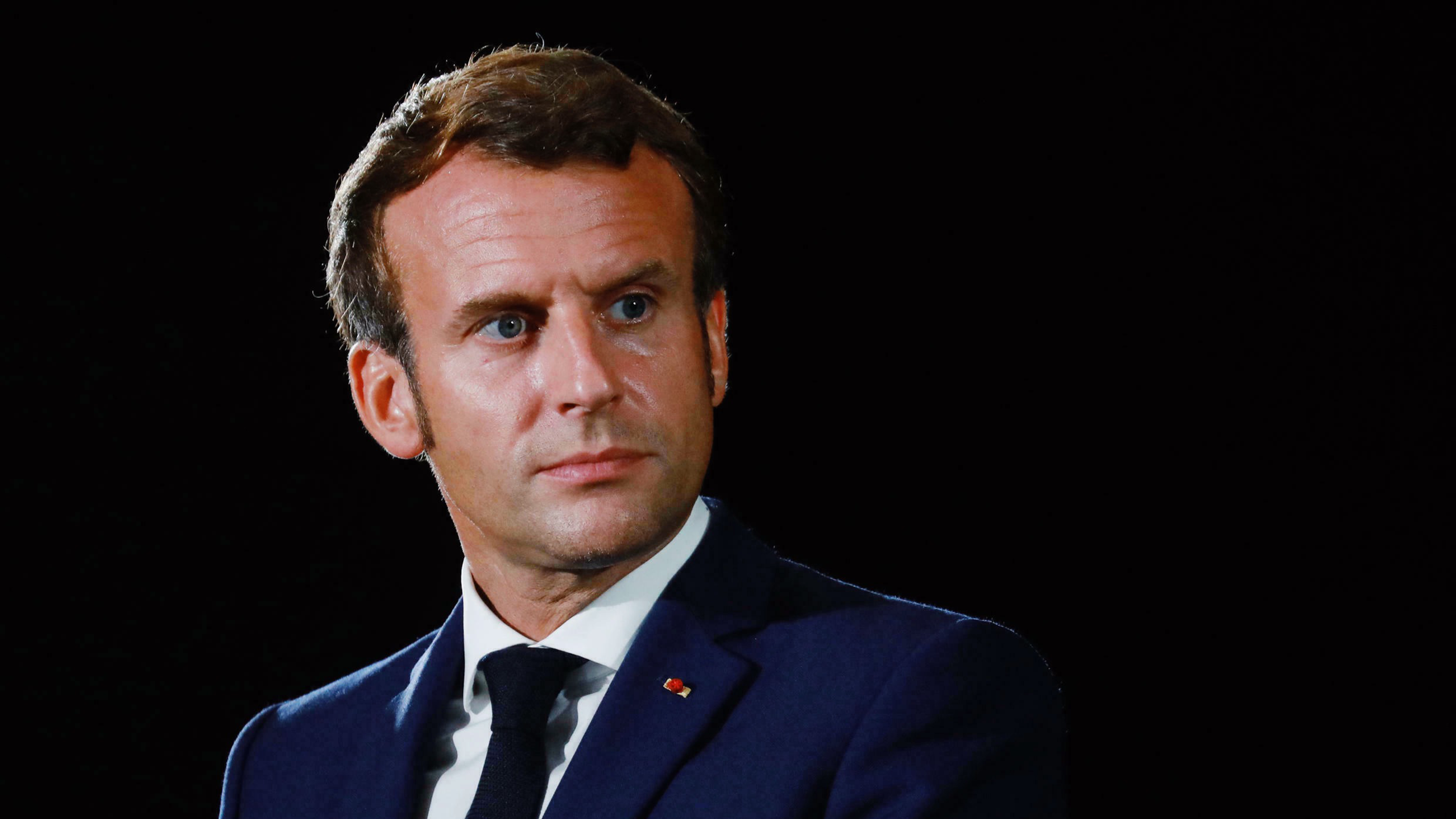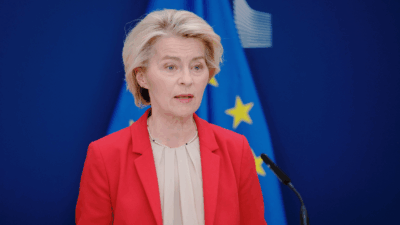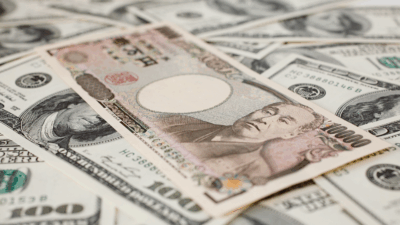Europe’s Disruptive Election Rocked the Region’s Markets
Europe’s various far-right parties increased their control of the EU’s parliament to 25% from the roughly 20% since elections in 2019.
Sign up for smart news, insights, and analysis on the biggest financial stories of the day.
As Europe lurches right, markets there are left to wonder.
On Monday, Europeans across the bloc voted to advance the power of the region’s far-right coalition. In other words, as with most elections, things are a bit chaotic in Europe at the moment, and markets detest chaos.
Far-Right to the Point
Europe’s various far-right parties increased their total control of the EU’s parliament to 25% from the roughly 20% of seats they’ve held since elections in 2019. That may not sound like much, and Ursula Gertrud von der Leyen, the bloc’s center-right president, remains firmly in power. But it’s enough to disrupt several major pieces of the EU agenda — namely, opposition to Vladimir Putin’s invasion of Ukraine, immigration, and climate change, arguably the coalition’s chief policy mandate in the past half-decade.
That’s more than enough to cast some murkiness on Europe’s future, prompting somewhat beleaguered French President Emmanuel Macron to call for a snap election in his own country — a move that could see his centrist party lose ground to Marine Le Pen’s nationalist party.
All of which fogs the future of Europe’s economy, sparking plenty of intraday market turmoil:
- The euro, which had already weakened last week as Europe’s central bank slashed interest rates ahead of the US Federal Reserve, fell 0.5% against the dollar to a one-month low, per FactSet data.
- Meanwhile, investors ditched French government bonds, and the CAC 40, France’s blue-chip index, fell 2%, while the European Stoxx 600 was down nearly 1% in early trading before a small recovery. Société Générale, BNP Paribas, and Crédit Agricole — a trio of big EU banks — all saw share prices fall over 4%.
Adding Up: “The advance of the populist right and the French snap elections will further complicate decision-making in the multinational EU at a time when Europe needs to get its act together to stop Putin, enhance competitiveness, protect the climate, manage immigration, deal with China and prepare for a potential second term of Donald Trump in the U.S.,” Berenberg economist Holger Schmieding told The Wall Street Journal. Gee, it’s no wonder just about everyone is calling this election season one of the most consequential in history.












